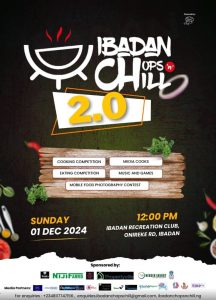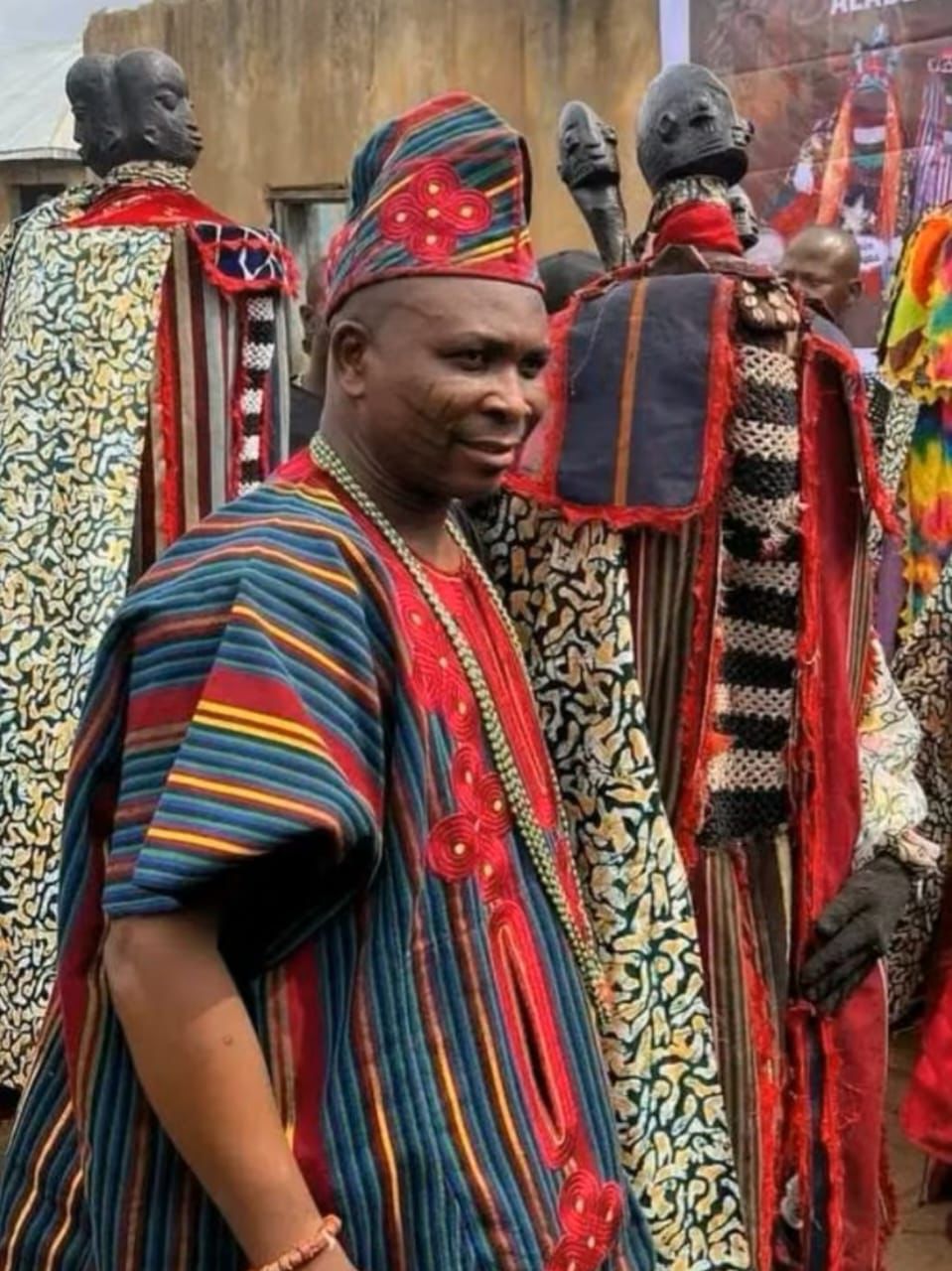Imported Culture Of Greed Behind Nigeria’s Economic Woes – ICIR President

•By Oyeniyi Awojoodu, Ibadan

IBADAN – The President, International Council For Ifa Religion, Chief Dr. Fayemi Fatunde Fakayode has opined that the present economic crisis bedeviling the country, emanated from the foreign culture of greed, acquired by Nigerians.
He said this over the weekend while delivering a special lecture titled “Foreign Culture In Yoruba Land: Its Negative Impacts On The Economy Of The Land,” at the 2024’s celebration of Yoruba Council of Youths Worldwide, which held at Ilaji Resorts, Akanran, Ibadan.
In his address, Fakayode noted that foreign cultures came into Nigeria and Yoruba land through the introduction of alien religions, which made compulsory for the people to also accept their language, dressing mode, socioeconomic style and behaviors while the Yorubas have been known for the Omoluabi ethos of hard work, contentment, trustworthiness, before the advent of foreign culture, which he said contaminated the early characters.


Fatunde pointed that greedy acquisition syndrome among political, religious and traditional leaders led to formulation of policies, laws and regulations as well as actions that have secluded the majority from actualizing their economic potentials while the few people in the corridors of power, continue to amass wealth, to the detriment of all, calling on all to go back to the old habit of Omoluabi, speak the truth and lead others with the fear of God.
READ RELATED POSTS
Oro Is Important For Yoruba Monarchs To Assert Control – ICIR President
Yoruba Race Never Encouraged Slavery, ICIR Cautions Erelu Ayorinde
Yoruba Race Never Encouraged Slavery, ICIR Cautions Erelu Ayorinde
“Foreign culture is the alien traditions which are not indigenous to the Yoruba. Among the alien cultures that are popular in our midst are those from the white and that of the Arab. Nowadays, foreign cultures are dominant in our land and the introduction of foreign culture to our land were due to the following factors which include the coming of Islam in the 14th century and the British occupation of the 19th century.
“When we are talking about Yoruba people, the term ‘Omoluabi’ keeps surfacing. It is obvious that one of the names that the race was known for before being christened ‘Yoruba’ is Omoluabi. Unfortunately today, many Yoruba do not understand the meaning of the word Omoluabi because of the controversy surrounding the etymology of the term; some previous writers said it is the offspring of a man known as ‘Noah’ that are referred to as Omoluabi. While those who believe in such explanation are proud of it, those who know better will be chuckling.

“This is a serious issue because it is another way of subjugating Yoruba people, it is meant to turn the landlord to a tenant and turning aboriginals to strangers. The truth is that Omoluabi is used to refer to a child of Olu-Iwa, the one who takes after Olu-Iwa, that behaves like Olu-Iwa or followers of Olu-Iwa.
“Who is Olu-Iwa? Among the Divinities (Orisas), he is no other person than Ọ̀rúnmìlà. Whoever is of good character and patience like Orunmila is called ‘Abiwapele Omo Orunmila (one with gentle character like Ọ̀rúnmìlà).
“Omoluabi attitude shows good behavior with perseverance and patience, not greedy, fraudulent, selfish, proud and violent, which are traceable attitudes of the white and Arabians.
“Today, bad habits like lying, stealing, political and economic conspiracies, and human killing have trampled good habits to death in our politicians, leaders of thought, religious leaders and youths and the consequences are reflected in the economy. Farmers cannot harvest their farms without paying ransom to kidnappers while governments and security agencies collaborate or look the other way.


“For our economy to overcome all the challenges, we need to do away with foreign culture which has taken away good morals, so that we all become Omoluabi,” he admonished.

